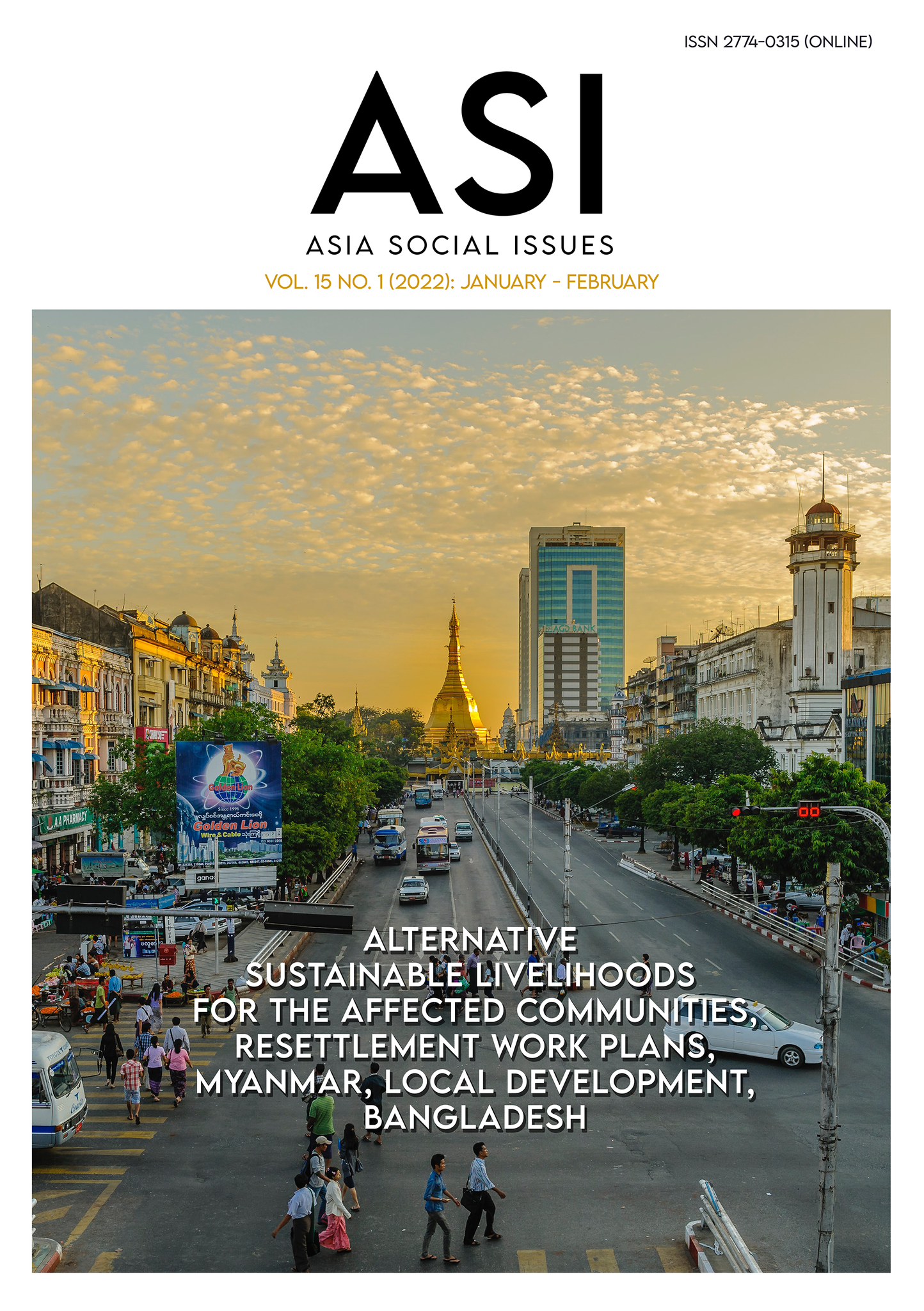The News Reporter in Nigeria’s Electoral Process
Main Article Content
Abstract
Mass media professionals are increasingly involved in the education of electorates on election matters in the time leading to, the actual election and post-election periods in different media ecosystems. This article examines the outstanding role of the news reporter as a field journalist in Nigeria’s bid for democratic consolidation. Using historical-analytic and direct observation methods, it identifies different categories of reporters according to different approaches to news gathering and reporting. It looks further at the extent of reporters’ commitment to their responsibilities in the Nigerian media ecosystem. In doing this, it highlights the communication techniques news reporters employ to subtly influence the meaning of messages in the news and the election reporter’s competency indices. The study makes critical suggestions aimed at guiding reporters towards wholesomeness in news reporting. That is, scrupulousness with the application of the different approaches that generate equally different implications on the news consumers or members of society. This emphasis is against the backdrop of the reporters’ pivotal role in journalism in the context of an information and communication technology (ICT) culture juxtaposed with the challenges associated with election reporting in the Nigerian polity.
Article Details
Copyright: CC BY-NC-ND 4.0
References
Agba, P. C. (2007). Role of mass media in electioneering campaign in a developing context. In I. Nwosu (Eds).Communication for sustainable human development (pp. 67-88). Enugu, Nigeria: African Council for Communication Education.
Aghamelu, C. F. (2013). The role of the media in the Nigerian electoral process. UNIZIK Journal of Arts and Humanities, 14(2), 154-172.
Ali, A. D. (2013). The role of the media in national security in Nigeria 1960-1999. Arabian Journal of Business and Management Review, 2(12), 16-24.
Bamidele, G. (2015). The role of the media in the democratic process in Nigeria. Retrieved fromhttps://newsdiaryonline.com/the-role-of-media-in-the-democratic-process-in-nigeria-by-gbemiga-bamidele
Cairo Institute of Human Rights Studies. (2010). Media and parliamentary elections in Egypt: Evaluation of media performance in the parliamentary elections, 28 October-15 December 2010. Retrieved from https://cihrs.org/wp-content/uploads/2012/02/elections-Reportpdf
Entman, R. M. (2004). Projection of power: Framing news, public opinion and US public policy. University of Chicago press, Chicago.
Entman, R. M. (2010) Media framing biases and political power: Explaining slant in news of campaign. Retrieved from https://www.researchgate.net/publication/240701472_Media_framing_biases_and_political_power_Explaining_slant_in_news_of_Campaign_2008
Esser, F., & Pfetsch, B. (2017). Comparing political communication. (4th eds). Oxford: Oxford University Press.
Etete, E. (2021). Who is a journalist? Retrieved from https://m.facebook.com/story.php?story_fbid=164338681977519&id=100052041645878&sfnsn=scwspwa&funlid=rS4b2Cge3o6TVr2Q
Hansen, K. H., & Albadri, A. (2016). Guidelines for professional election reporting. Retrieved from https://mediasupport.org/wpcontent/uploads/2016/10/HKH_Guide_book_english_Web_3.pdf
Hodges, L. W. (1986). Defining press responsibility: A functional approach. Beverly Hills, CA: Sage.
International Media Support, Réseau Liberté and Media and Democracy Group. (2006). Coaching manual for support to media during election. Copenhagen: International Media Support.
Khan, S. (2019). Difference between journalist and reporter. Retrieved from https://www.differencebetween.net/miscellaneous/career-education/difference-between journalist-and-reporter
Lynch, J. (2006). Peace journalism. Abingdon: Routledge.
McQuail, D. (2009). McQuail’s mass communication theory (6th eds.). London: Sage.
Meredith, M. (2013). The priming effect of media frames in regards to news images and stereotypes held by Hispanic audiences. Retrieved from https:/stars.libraryUCF.edu/etd/2665
Nicholas-Gavillan, T. M. (2011). Framing the news: From political conflict to peace. How the framing theory and the political context can enhance the peace journalism model. Retrieved from https://www.researchgate.net/publication/30802652_framing_the_from_political_conflict_to_peace_how_the_framing_and_political_context_model_he_peace_journalism_model
Nwaozuzu, C. (1999). Reporting elections in developing nations. Maiduguri: University of Maiduguri Press.
Nwodu, L. (2006). Research in communication and other behavioural sciences: Principles methods and issues. Enugu: Rhyce Kerex Publishers.
Omoera, O. S. (2009). Ideological bankruptcy in political media broadcast in Nigeria: An appraisal of the 1999, 2003 and 2007 presidential elections campaigns. LASU Journal of Humanities, 6, 77-85.


